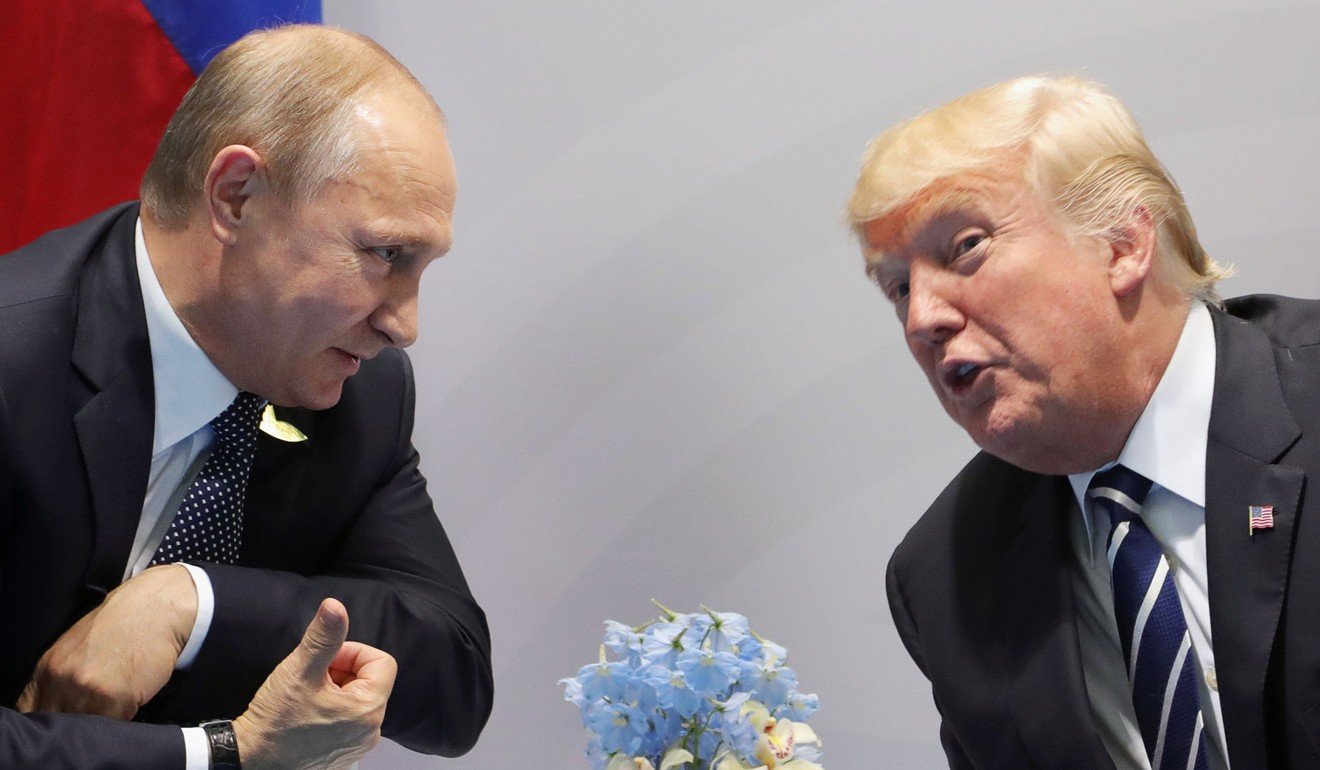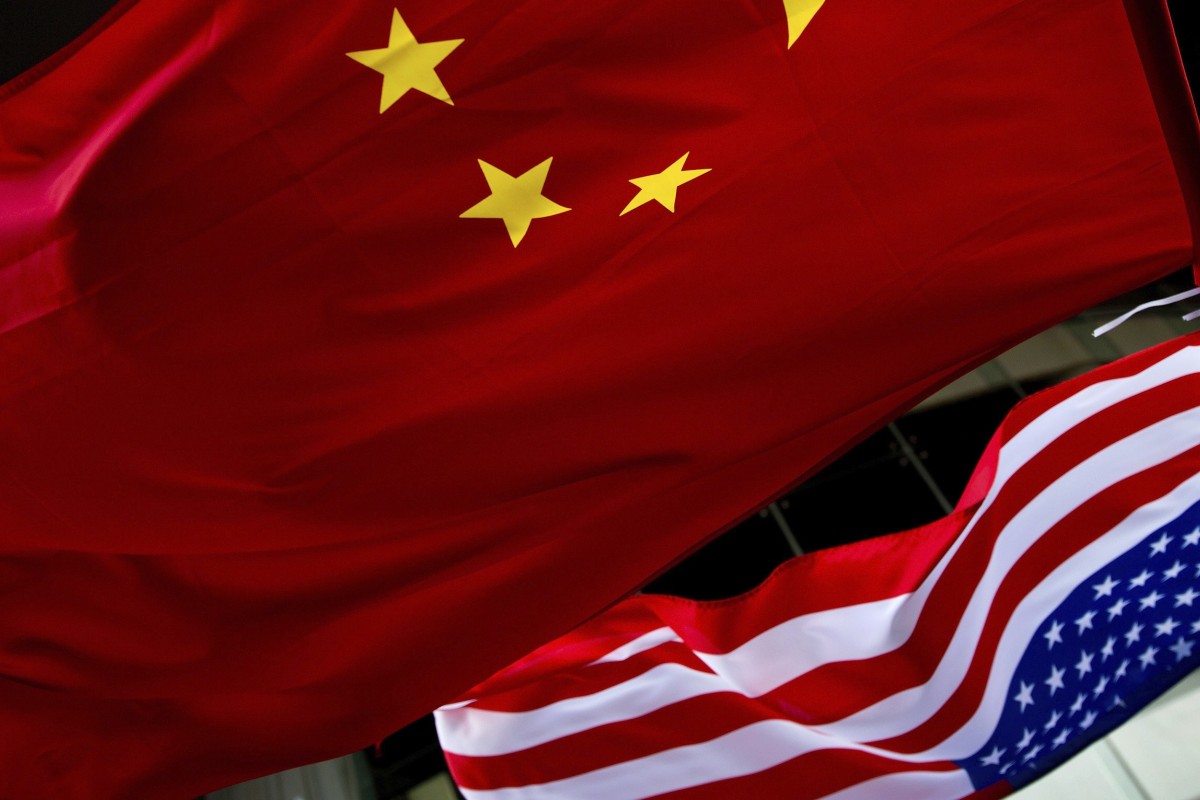It cites ‘traditional adversaries’ seeking to take advantage of the weakening of the post-second world war international order and the increasingly isolationist tendencies of the West
China is making technological advances in a far shorter time frame than it took the United States, quickly narrowing the gap between the two countries, a senior US official said on Tuesday amid the release of a national intelligence strategy.
Reaping the benefits of sending tens of thousands of students and researchers to the United States, and a determined policy to buy and steal US technology, Beijing has “compressed the time frame” for catching up and now has “remarkable” capabilities, the intelligence official said on condition of anonymity.
The issue of China’s technological advancement and modernising military and Russia’s efforts to expand its influence were among the challenges for the United States raised in the new US National Intelligence Strategy.
Unveiling the strategy, Director of National Intelligence Daniel Coats said it sets a focus for the US intelligence community in a time of rapid technological change.
“Today, we face the most diverse and complex set of threats that we have ever seen,” Coats said in a speech to the intelligence community.
“The question then becomes what do we need to do now … We must become more agile.”
The strategy, the first since 2014, notes major changes in the world led by China’s emergence as a global economic and military power, and the rise of cyber threats. It also notes that both China and Russia continue to pursue anti-satellite weapons to weaken the US military and security.
The report does not rank the threats, but the first section is devoted to the threat posed by “traditional adversaries” seeking to take advantage of the weakening of the post-second world war international order and increasingly isolationist tendencies in the West.
Coats named China, Iran, North Korea and Russia as key state threats, but said a broad range of non-state actors – jihadist groups, organised crime and others – are empowered by new technologies and could find common interests among themselves.
“Our greatest concern comes from those forces merging together,” Coats said.
“You’re going to see interests aligned,” between non-traditional allies, warned the senior official from the Office of the Director of National Intelligence.
That goes for the United States as well, the official said: “We need partnerships with non-traditional partners, state, local and tribal.”
 US President Donald Trump and Russia's President Vladimir Putin speak during their meeting on the sidelines of the G20 Summit in Hamburg, Germany. Photo: AFP
US President Donald Trump and Russia's President Vladimir Putin speak during their meeting on the sidelines of the G20 Summit in Hamburg, Germany. Photo: AFP
Share:
“Russian efforts to increase its influence and authority are likely to continue and may conflict with US goals and priorities in multiple regions,” it says.
At the time of the previous strategy in 2014, cyberattacks, along with threats to economic and financial security and to election security, were relative afterthoughts.
Now, they are at the forefront, underscored by persistent attacks from Russia and China in recent years – with cybersecurity paramount, according to the new strategy.
“Cyber hygiene is 90 per cent of the issue” in confronting these challenges, the anonymous official said.
The other area that deeply worries US intelligence is the loss of America’s long-standing lead in space.
China and Russia especially are aiming for parity with the United States in space, but technology and commercialisation have given many countries and non-state actors space capabilities as well.
“We worry a lot about advantage,” the official said.
Coats said the United States’ 17-agency intelligence community plans to operate with greater transparency to earn and uphold the trust of policymakers and the American people.
Senior intelligence officials at the strategy’s unveiling did not address statements from President Donald Trump dismissing intelligence findings. Trump has expressed disregard for key intelligence findings regarding Russian influence in the 2016 election and Saudi Arabia’s role in the killing of writer Jamal Khashoggi.
Speaking broadly, one senior director of national intelligence official said the push for greater transparency is part of an effort to restore trust with the American people following Edward Snowden’s 2013 leak of classified US material about America’s surveillance programmes. Senior intelligence officials briefed journalists at the strategy’s unveiling on condition they not be cited by name.

No comments:
Post a Comment